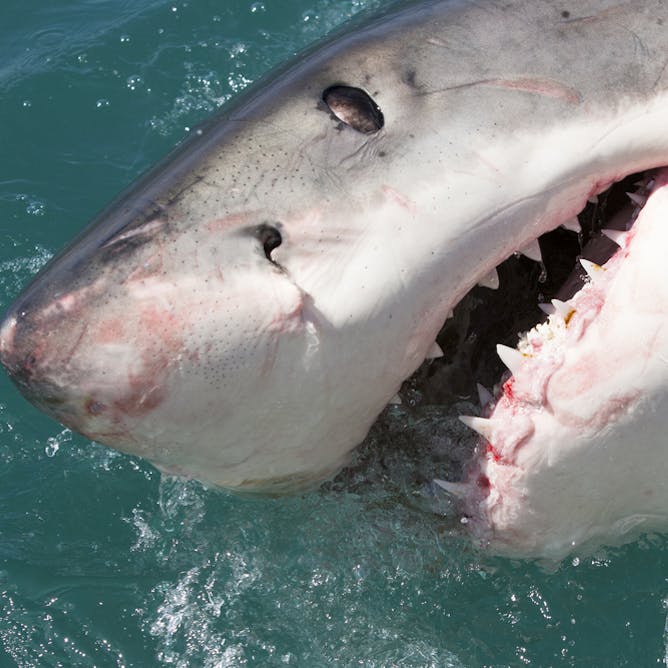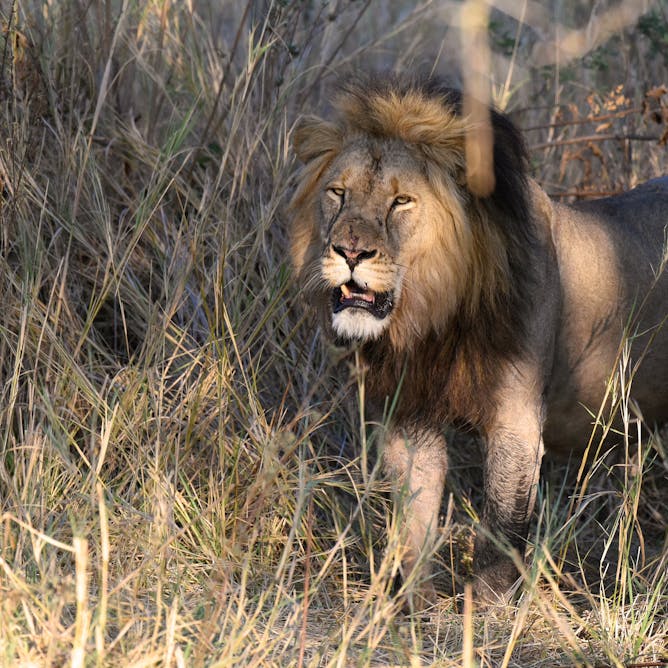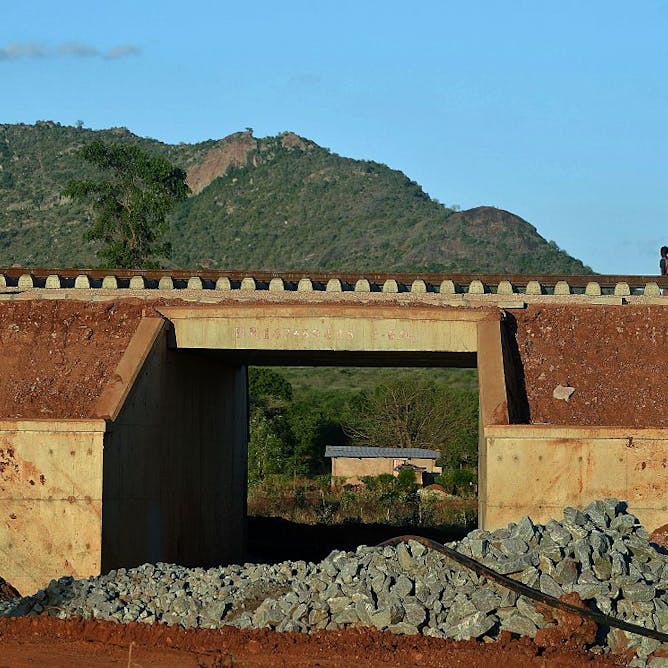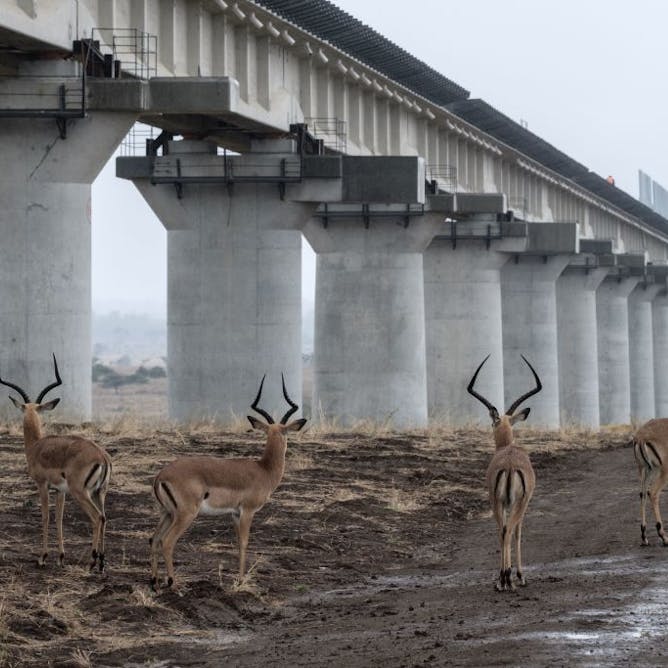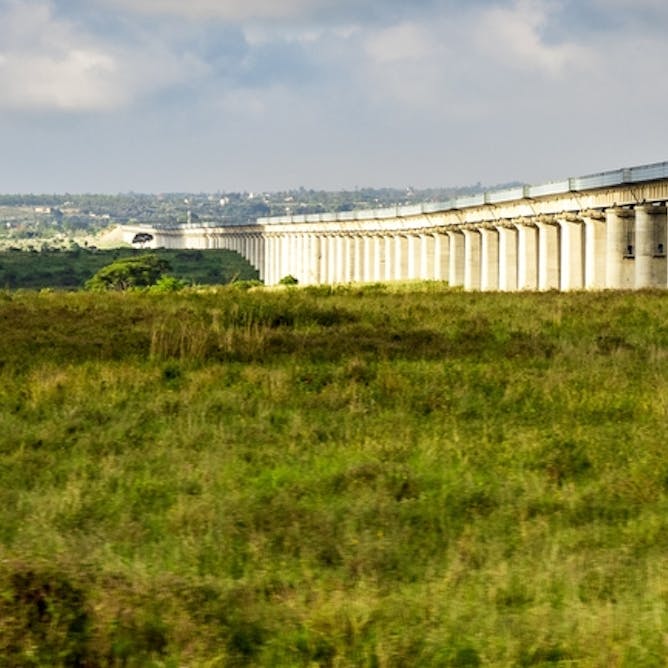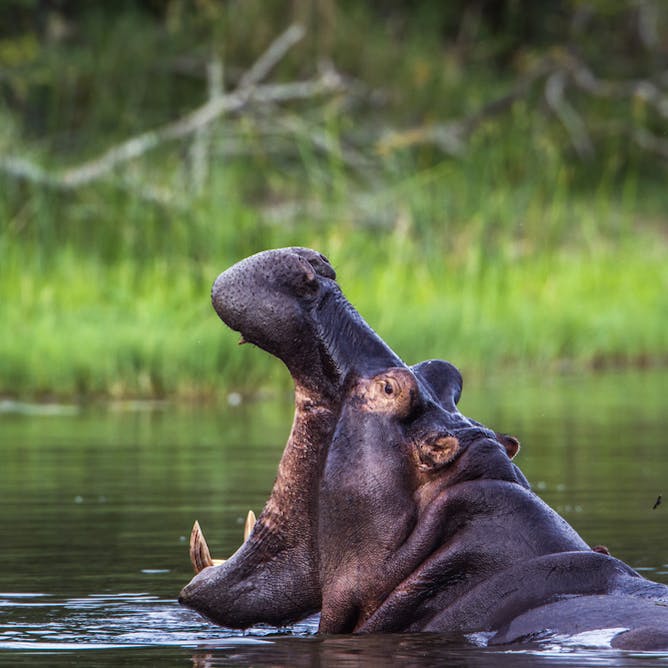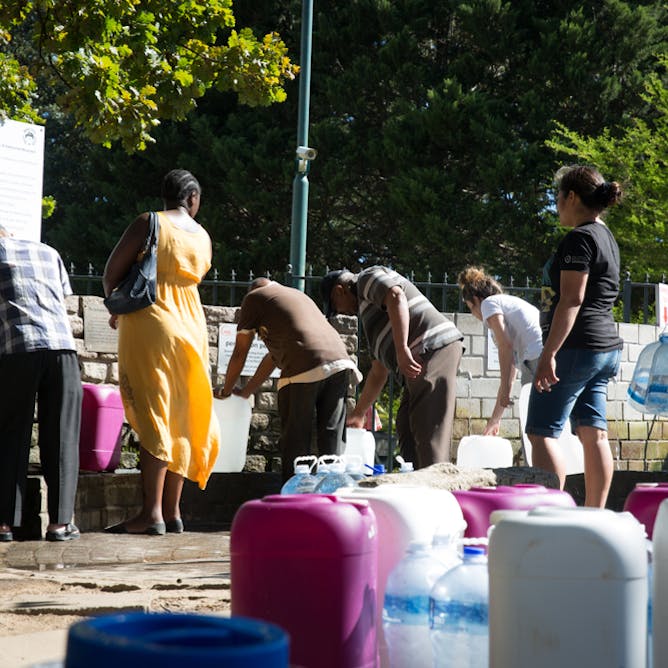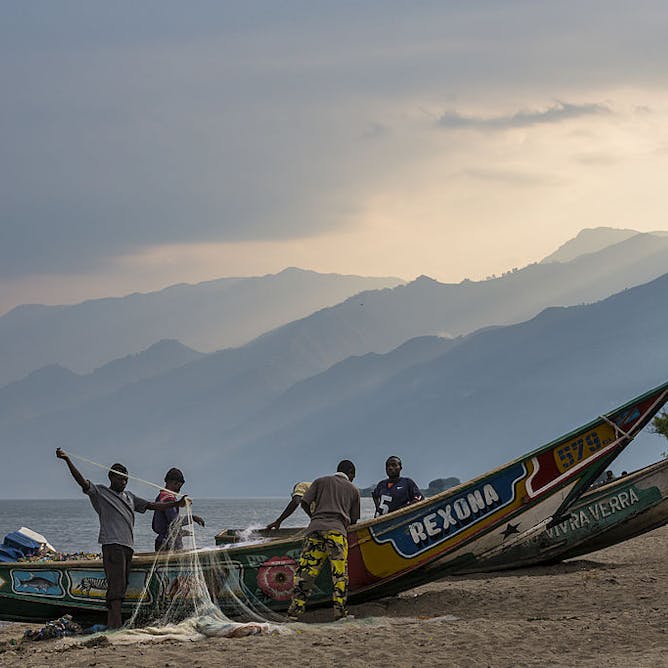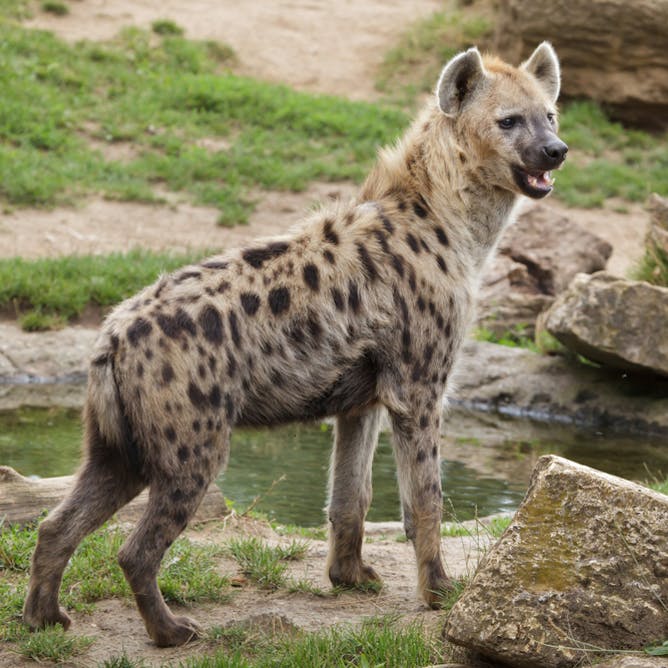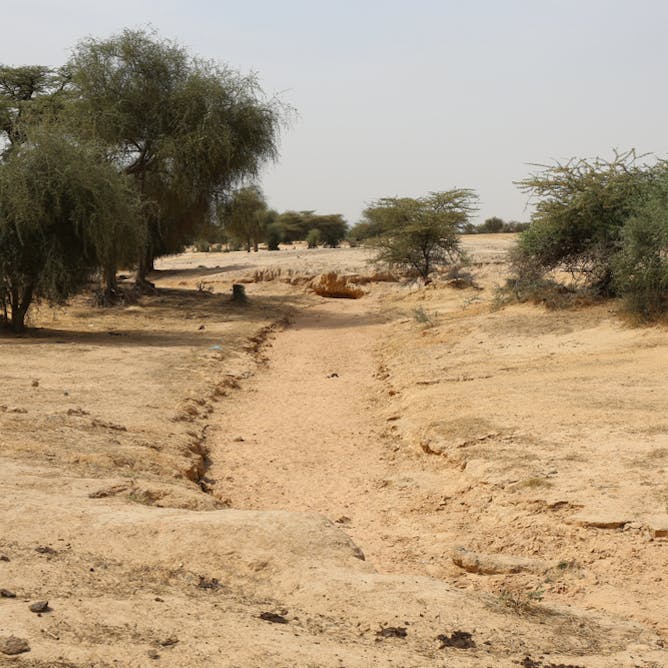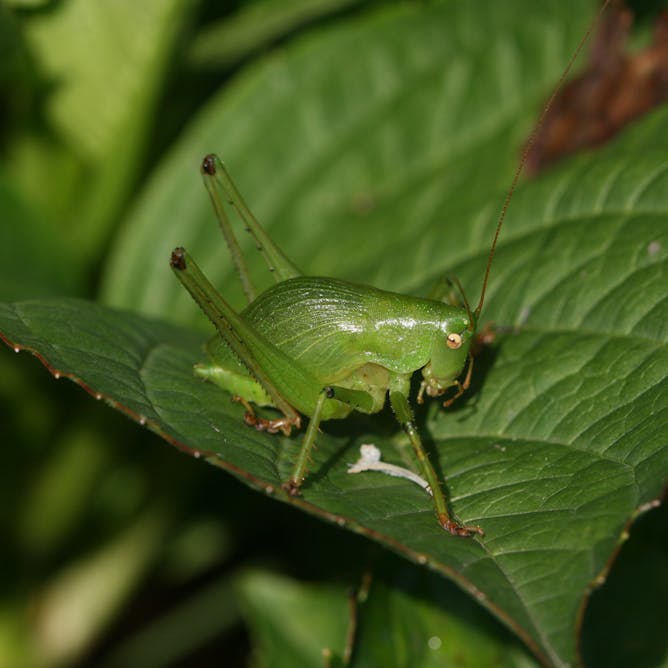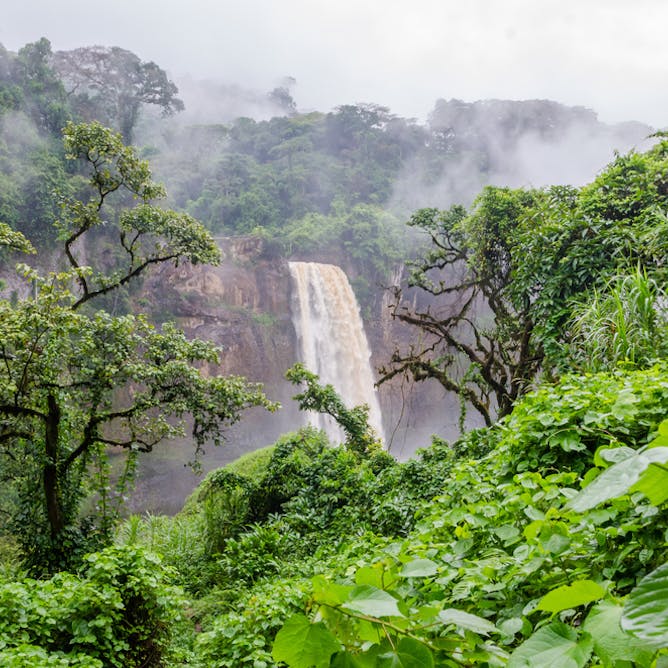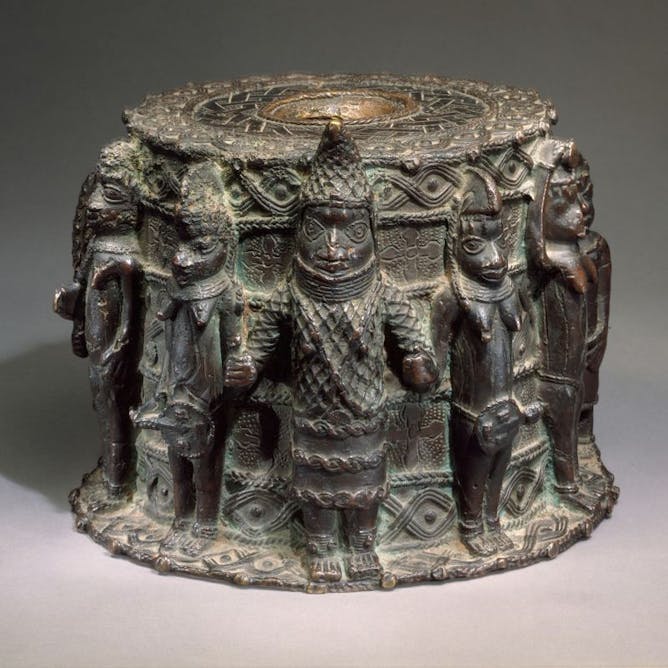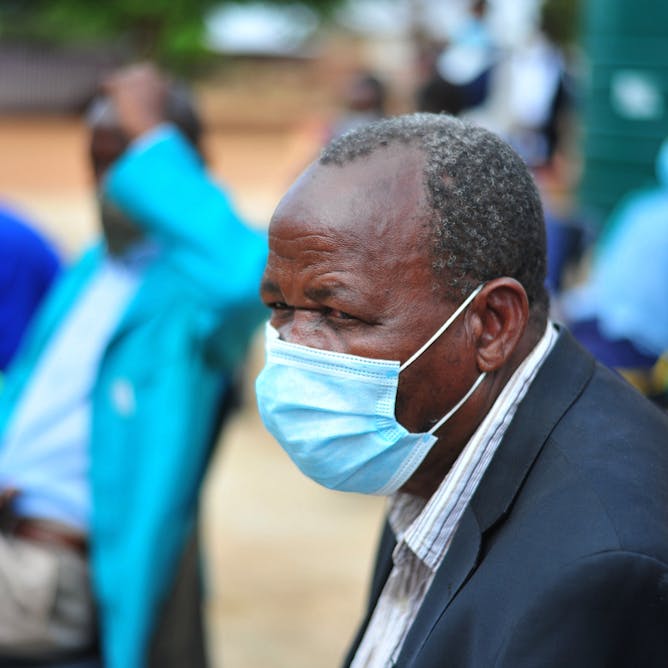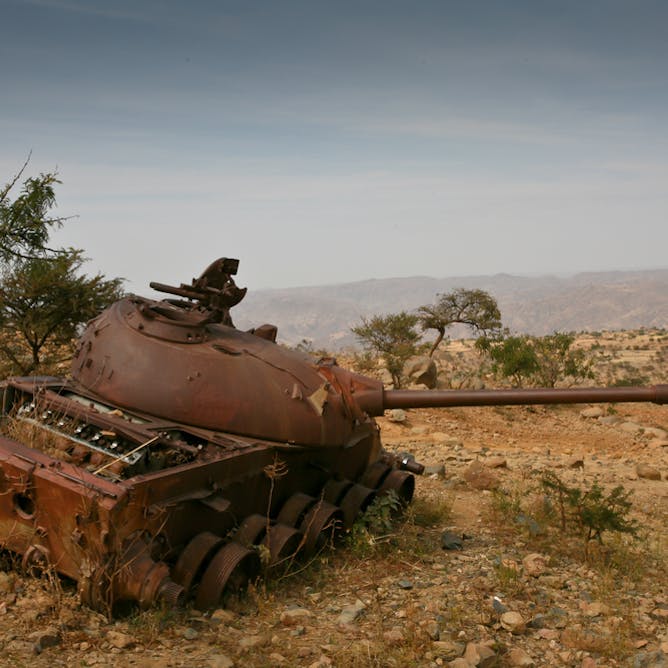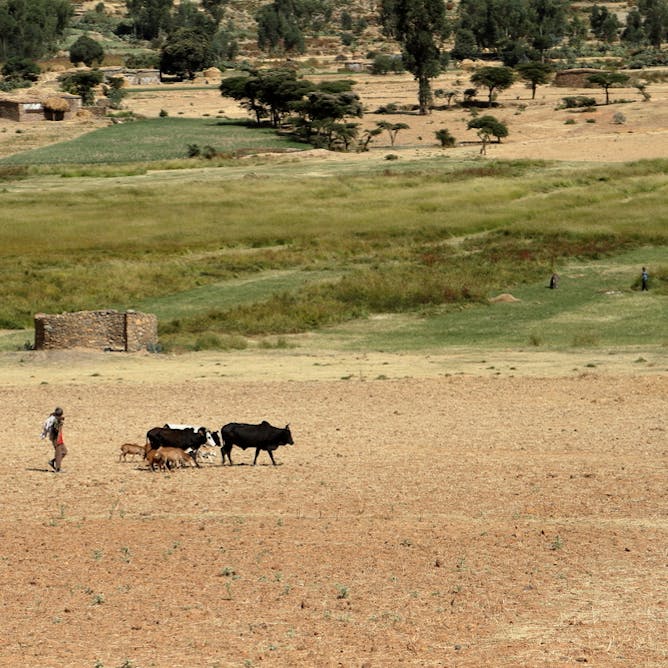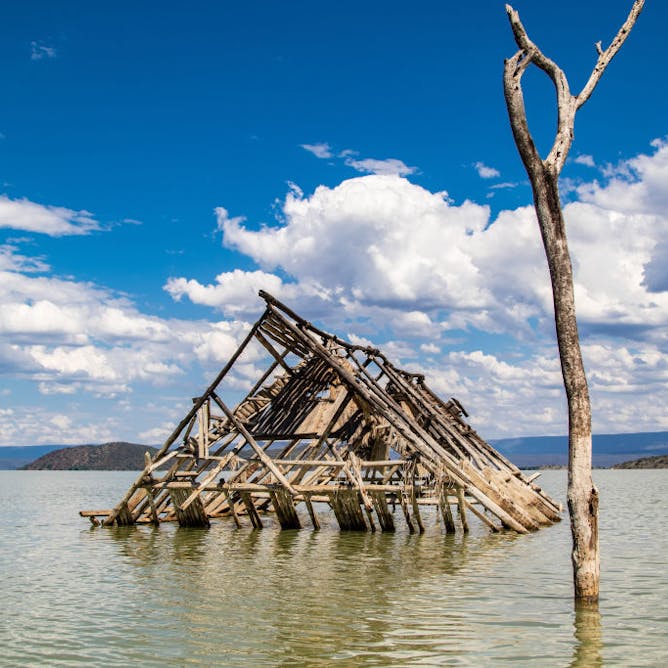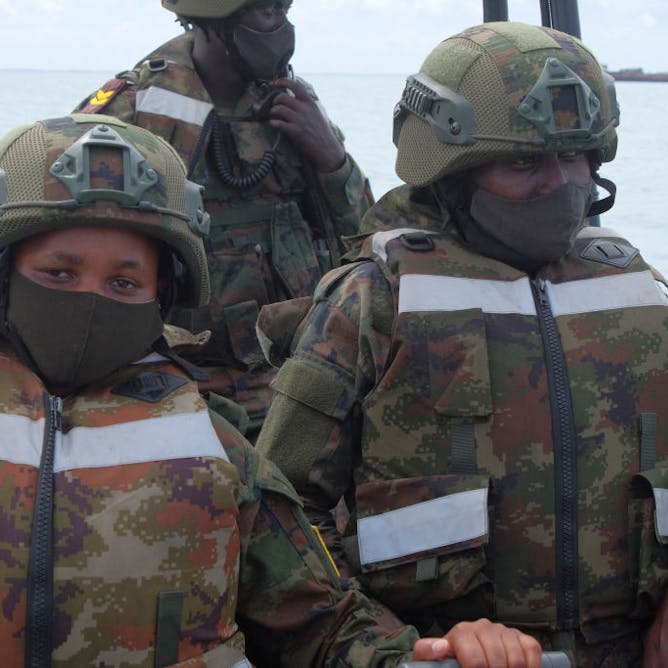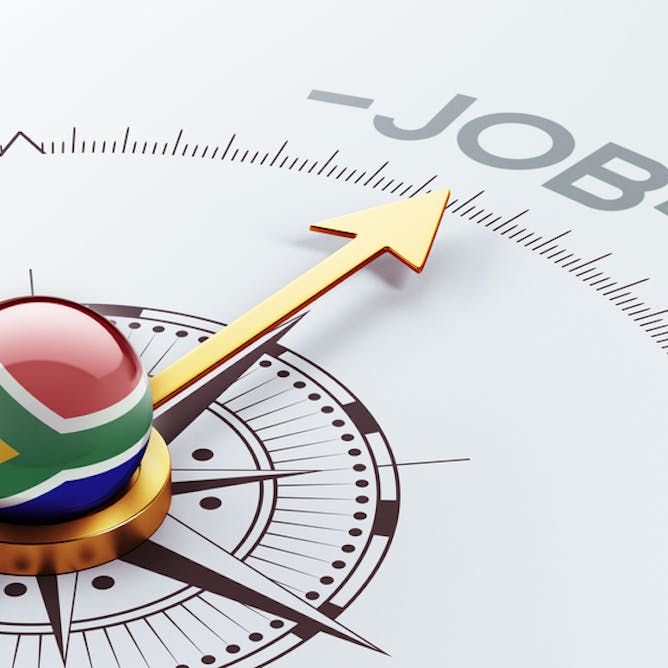
Latest Episodes
How the pandemic lockdown in South Africa affected mental health
When SARS-CoV-2 emerged in South Africa, the country took measures to restrict people's movements and activities, to slow the spread of infections. There were various levels of restrictions, the most severe being in place in March and April 2020. During this "hard lockdown", many people in South Africa really struggled. Not only did they have financial difficulties but the lockdown took an emotional…
2 Hosts: Miriam Maina and Sarita Pillay Gonzalez
What's wrong with the Fourth Industrial Revolution
The "Fourth Industrial Revolution" is a term coined in 2016 by German economist Klaus Schwab. It's used to describe the technology revolution that the world is going through. But there is growing criticism, particularly in the global south, of how it's framed. Many are questioning whether it should be considered a revolution at all. The Fourth Industrial Revolution, according to one view, is a very…
1 Host: Ruth Castel-Branco
Tips for parents on keeping kids safe online
Young children and adolescents are becoming hyper connected. They are using digital technologies as a platform for learning, connection and socialisation on a global scale. The COVID pandemic meant that kids were moving online for many of their daily activities and spending more time online. In South Africa, children generally access the internet at home much more frequently than at school, and most…
1 Host: Rachana Desai
Killer whales are hunting great white sharks in South Africa's waters
Great white sharks have long been at the top of the food chain in parts of South Africa's oceans. In their peak winter hunting months, around 100 great white sharks a day could be observed off the coast of the Western Cape province. But in 2017, great white shark carcasses began to wash up on beaches at Gansbaai, one of the main sites where the species usually gathered. Some were missing their livers…
1 Host: Alison Towner
Snare and shotgun injuries reveal more about threats to lions and leopards in Zambia
Wildlife and people are coming into more and more conflict across Africa as human populations expand. Habitat loss and fragmentation of animal populations are causing declines in species. In Zambia, the Luangwa Valley and Kafue are two important wildlife areas. Both support populations of lion and leopard which are genetically linked to populations in neighbouring countries. They have great conservation…
1 Host: Paula A. White
Big infrastructure projects on the continent should work for everyone
Big infrastructure projects should be based on the needs of people and communities. Often, they are criticised for benefiting the wealthy only. These projects reflect specific agendas of political and economic elites who are able to advance their interests through the developments. They interplay with existing inequalities and almost inevitably have highly uneven effects. An example is Kenya's Standard…
1 Host: Gediminas Lesutis
Big development projects can have negative effects on nature and people
There are some major development projects in progress on the continent. They include the Standard Gauge Railway in Kenya and irrigation and hydropower projects in Tanzania's Rufiji Basin. Projects like these have potential to change people's lives for good. But they also come with risks. Some big projects damage environments by disturbing the habitats of wildlife like lions and elephants. In Kenya…
4 Hosts: Declan Conway, Gediminas Lesutis, Jessica Thorn and 1 other
Projects like Kenya's Standard Gauge Railway can unlock development
Kenya's Standard Gauge Railway, which links Nairobi and Mombasa, East Africa's largest port, was built to ease the pressure on the road network. Construction started in 2013 and was completed in 2017, with an extension in 2019. The line transports passengers as well as cargo. It makes the trip between the cities safer and shorter. The project is also being promoted as a means to develop Kenya's mining…
1 Host: Jessica Thorn
When a hippo honks, here's what it could mean – to another hippo at least
Hippos are very vocal animals, exchanging signals like the "wheeze honk". But not much is known about what these sounds mean. Two researchers found themselves thinking about this in Mozambique -- where they were initially studying crocodiles. Hippos are quite territorial and aggressive -- and fast-moving. So the researchers kept a fair distance away as they conducted their experiment. They recorded…
2 Hosts: Nicolas Mathevon and Paulo Fonseca
Cities must listen to people to find solutions for climate impacts: stories from Cape Town
A few years ago the South African city of Cape Town was close to reaching "day zero" -- the day the taps would run dry as a result of a serious drought. Households had to restrict their water usage, water tariffs increased, and businesses had to rethink how they used water. But the situation affected people unequally. Households experienced it in different ways. The poor and vulnerable suffered the…
2 Hosts: Gina Ziervogel and Johan Enqvist
Technology for education has huge potential: partnerships can widen access
The COVID-19 pandemic disrupted normal contact learning in education systems worldwide. Technology became an essential tool for learning and it has great potential beyond the pandemic. For one thing, it enables more interactivity than some old styles of teaching. But there are a number of barriers to using technology more widely in education. Users need data, a device and a learning management system…
1 Host: Tawana Kupe
Lakes in the Democratic Republic of Congo are contested spaces. Here's why
The lakes of the Democratic Republic of Congo (DRC) play a big part in people’s lives -- socially, politically and economically. But lake fishing communities find themselves at the intersection of geography, war and authority, as rebel groups and conservation managers also claim spaces and resources. By some estimates there are over 70 armed groups in the country, led by warlords, traditional tribal…
1 Host: Esther Marijnen
Understanding vaccine hesitancy in South Africa
Vaccine hesitancy is the delay in acceptance or refusal of vaccination, where vaccination services are available. It's a diverse phenomenon: people may have different degrees of hesitancy, and may refuse some vaccines but agree to others. In 2019, the World Health Organization identified vaccine hesitancy as one of the 10 greatest threats to global health. It is very worrying because it poses significant…
2 Hosts: Charles Shey Wiysonge and Sara Cooper
Hyenas' unpicky feeding habits help clean up a town in Ethiopia
Hyenas aren't the most popular animals. Sometimes they kill people's livestock. They are also thought of as scavengers, with some unappealing eating behaviour. Then there's their cackling "laugh" and their physical looks, less graceful in some eyes than other large predators like lions or leopards. But there's a more positive side to these often misunderstood creatures. In Mekelle, a town in northern…
2 Hosts: Chinmay Sonawane and Neil Carter
Soil isn't dirt: it's the foundation of life and needs real care
Healthy soil is critical for life on earth. It can contribute to climate change mitigation and adaptation, food and nutrition security. It is central to achieving sustainable development goals. It is the foundation of life on land. It provides many ecosystem services and helps achieve ecosystem restoration. The biggest challenge when it comes to soil is getting people to stop treating soil like dirt…
2 Hosts: Leigh Ann Winowiecki and Rattan Lal
What bush crickets are telling researchers via their unique calls
Bush crickets -- or katydids, as they are also known -- are fascinating creatures. They belong in the same order of insects as grasshoppers and crickets and are among the many species that communicate acoustically. Male bush crickets are prolific callers -- and each species has its own call to advertise their fitness to females. They call in different frequency bands and for different lengths of time…
1 Host: Aileen van der Mescht
Africa's forests have value for the whole world. All must pay for them
African forests are rich in biodiversity and provide a livelihood for more than 1 billion people. They store massive amounts of carbon and play a part in regulating climate. Forests are a global public good; they have value for the whole world. Yet they remain underfunded. Funding forests means funding people to manage them sustainably. And this does not come cheap. For many developing nations, the…
1 Host: Robert Nasi
Benin bronzes: What is the significance of their repatriation to Nigeria?
After years of pressure, western countries are finally returning priceless artefacts and artworks that had been looted from Nigeria during colonial times and were on display in foreign museums. Commonly called the Benin Bronzes, because the objects originated from the Kingdom of Benin (today’s Nigeria), these beautiful and technically remarkable artworks have come to symbolise the broader restitution…
1 Host: Jos van Buerden
Pasha 132: COVID South Africa: Top scientist on vaccine rollout lessons, and next steps
South Africa is several months into its COVID vaccination roll-out -- a complex process with wide repercussions. It has recently extended the roll-out to adolescents between the ages of 12 and 17 years. But is this the best use of the available supply of vaccine doses? Our guest in this episode of Pasha is Shabir Madhi, dean of the faculty of health sciences and professor of vaccinology at the University…
1 Host: Shabir A. Madhi
Pasha 131: The Ethiopian and Tigrayan conflict one year on
The conflict between Ethiopia and its northern region of Tigray has been going on for a year. The power struggle has created many refugees and caused loss of life and hunger. It has also affected health, water and sanitation systems. The blockade inflicted by Ethiopia on Tigray means essential humanitarian supplies cannot reach civilians. This is a violation of international human rights and law, because…
1 Host: Mukesh Kapila
Pasha 130: The Ethiopia and Tigray conflict is worsening hunger in the region
Ethiopia and its northern region of Tigray have been in conflict for about a year now. The political power struggle that had been going on for decades escalated a year ago when Ethiopia's Prime Minister Abiy Ahmed ordered a military offensive. The conflict is putting hundreds of thousands of people in Tigray at risk of starvation and famine. Tigray is a dry place but farmers have long known how to…
1 Host: Emnet Negash
Pasha 129: Africa's climate concerns and the way forward
Many African countries are under significant stress from climate change. Increasing emissions of greenhouse gases are putting the world on a path towards unacceptable warming and this has particularly serious implications for the continent. The projected changes in climate are likely to have devastating impacts on agriculture and food security, human health and water supplies. Greenhouse gases are…
2 Hosts: Portia Adade Williams and Victor Ongoma
Pasha 128: Why Rwanda is involved in Mozambique's security
Islamic militias in the northern part of Mozambique, the province of Cabo Delgado, have mounted an armed insurgency against the Mozambican government since 2017. The conflict appears to tap into anger about the region’s chronic poverty, unemployment and weak public services under the Frelimo-led government in Maputo. Read more: How big is the Islamist threat in Mozambique? And why are Rwandan troops…
1 Host: Phil Clark
Pasha 127: Allergies vs rooibos: can this South African plant help sufferers?
Nasal allergy is a common problem in South Africa. It is estimated that 20% to 30% of adults in South Africa suffer with allergic rhinitis or hay fever. House dust mites and tree pollen are the most common reasons for this. Often, people have to rely on allergy medication to deal with the problem. But new research is under way to see if a plant native to South Africa can help. Rooibos, scientifically…
1 Host: Jonny Peter
Pasha 126: Four factors that make a graduate more employable
South Africa has an extremely high unemployment rate. A qualification from a tertiary institution usually means the chances of landing a job are higher. Research shows that within five years of graduating, 84% of the graduates were working. But it's not a guarantee. Graduates, particularly from disadvantaged backgrounds, remain jobless. Nevertheless there are certain aspects that make a graduate more…
1 Host: Fenella Somerville




